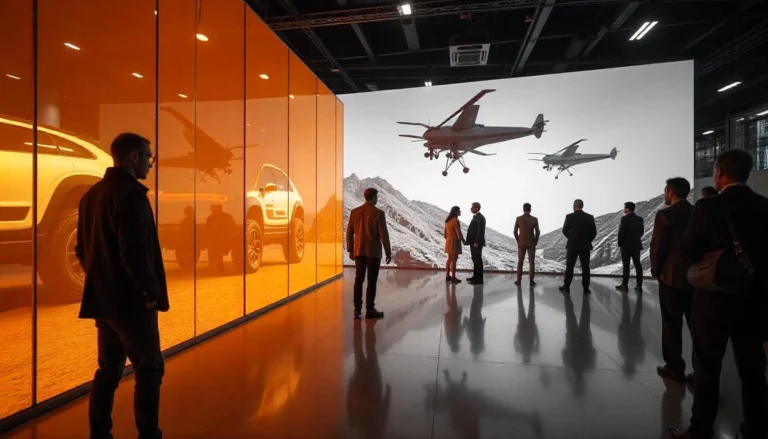Introduction
As we move further into the 21st century, the rapid advancement of technology continues to shape the way we live, work, and interact. Over the next decade, several transformative technologies are expected to revolutionize industries and society at large. From artificial intelligence (AI) to quantum computing, biotechnology, and space exploration, these innovations will play a critical role in defining the future. This report explores these groundbreaking developments, their potential applications, and their socio-economic impacts.
Artificial Intelligence and Automation
Current Trends and Developments
AI has already established itself as a game-changing technology across various industries, and its capabilities will continue to expand in the next decade. Advances in machine learning, natural language processing, and neural networks will enhance AI’s ability to perform complex tasks, from healthcare diagnostics to financial analysis.
Future Implications
- Workforce Transformation: AI-driven automation will continue to replace routine jobs while creating new roles that require human-AI collaboration.
- Healthcare Advancements: AI will enable faster and more accurate diagnosis of diseases, personalized medicine, and robotic-assisted surgeries.
- Ethical Concerns: Issues surrounding bias in AI algorithms, data privacy, and job displacement will need to be addressed through regulations and ethical AI frameworks.
Quantum Computing
Current Trends and Developments
Quantum computing, still in its early stages, promises to revolutionize data processing and problem-solving. Tech giants such as Google, IBM, and startups like Rigetti Computing are making significant strides in developing stable quantum computers.
Future Implications
- Cryptography and Cybersecurity: Quantum computers could break traditional encryption methods, leading to new advancements in quantum-resistant cryptography.
- Drug Discovery: The ability to process complex molecular interactions will accelerate pharmaceutical research and the development of new treatments.
- Optimization Problems: Logistics, supply chain management, and financial modeling will benefit from quantum computing’s ability to solve optimization problems at unprecedented speeds.
Biotechnology and Genetic Engineering
Current Trends and Developments
Biotechnology is advancing rapidly, with innovations in gene editing, synthetic biology, and regenerative medicine. CRISPR-Cas9 technology has already demonstrated its potential in gene therapy and disease prevention.
Future Implications
- Personalized Medicine: Tailored treatments based on genetic profiles will become more common, improving patient outcomes.
- Disease Eradication: Gene-editing tools may offer cures for hereditary diseases, cancer, and even viral infections.
- Bioengineered Organs: Advancements in tissue engineering and 3D bioprinting could address organ shortages and revolutionize transplantation.
Space Exploration and Commercialization
Current Trends and Developments
Space exploration is entering a new era, driven by both government agencies (NASA, ESA, CNSA) and private companies (SpaceX, Blue Origin). Mars exploration, lunar missions, and asteroid mining are gaining traction.
Future Implications
- Colonization of Mars: SpaceX’s Starship program aims to establish a sustainable human presence on Mars within the next decade.
- Commercial Space Travel: The space tourism industry will expand, offering commercial flights to low-Earth orbit and beyond.
- Resource Utilization: Asteroid mining could provide rare minerals, potentially alleviating resource scarcity on Earth.
Socio-Economic and Ethical Considerations
While these technological advancements promise immense benefits, they also raise critical socio-economic and ethical concerns. Governments, industries, and society must work together to ensure responsible innovation.
- Job Displacement vs. Job Creation: Automation and AI will disrupt traditional job markets, necessitating new workforce training programs.
- Regulatory Challenges: Ethical guidelines for AI, biotechnology, and space activities must be developed to prevent misuse and exploitation.
- Environmental Impact: Sustainable innovation practices must be prioritized to mitigate potential negative effects on the planet.
Conclusion
The next decade will witness unprecedented technological progress that will redefine human capabilities and global industries. AI, quantum computing, biotechnology, and space exploration will be at the forefront of this transformation. While these advancements bring immense opportunities, they also demand careful consideration of their societal impacts. By fostering responsible innovation and collaboration, humanity can navigate these changes effectively, ensuring a future that is both technologically advanced and ethically sound.

